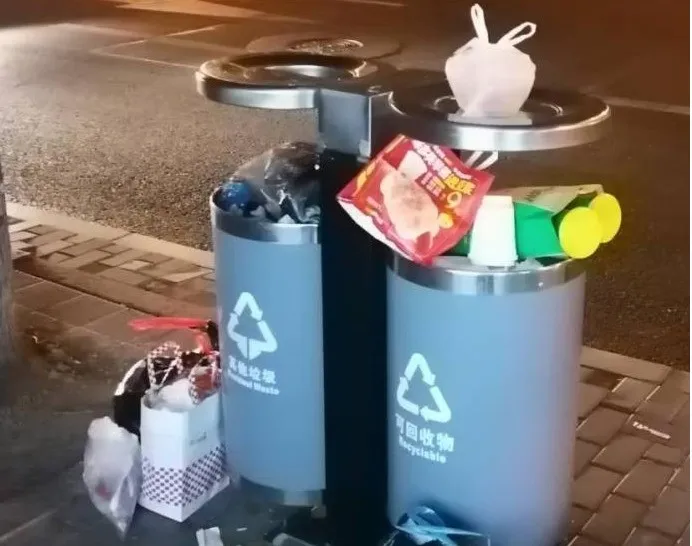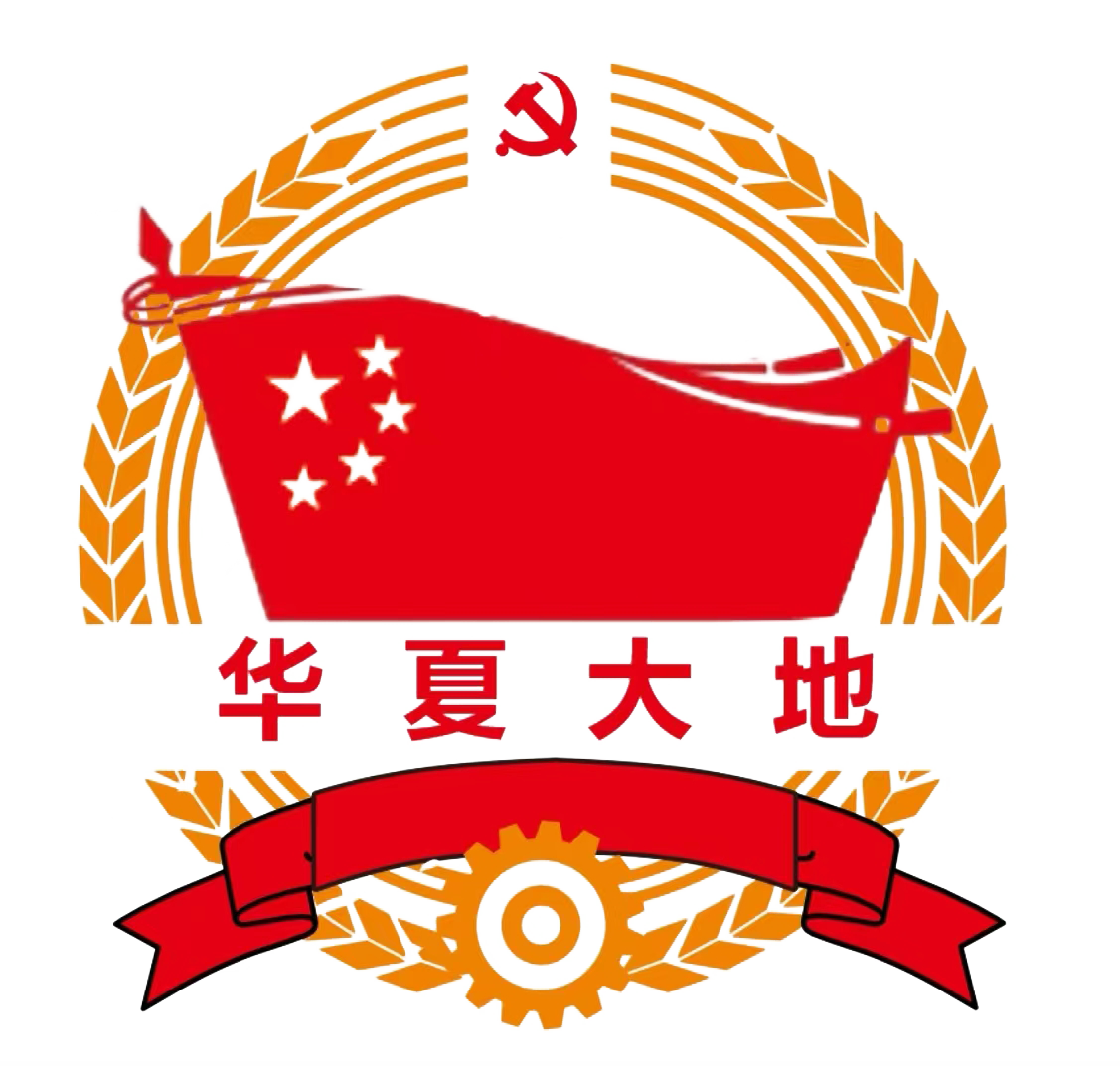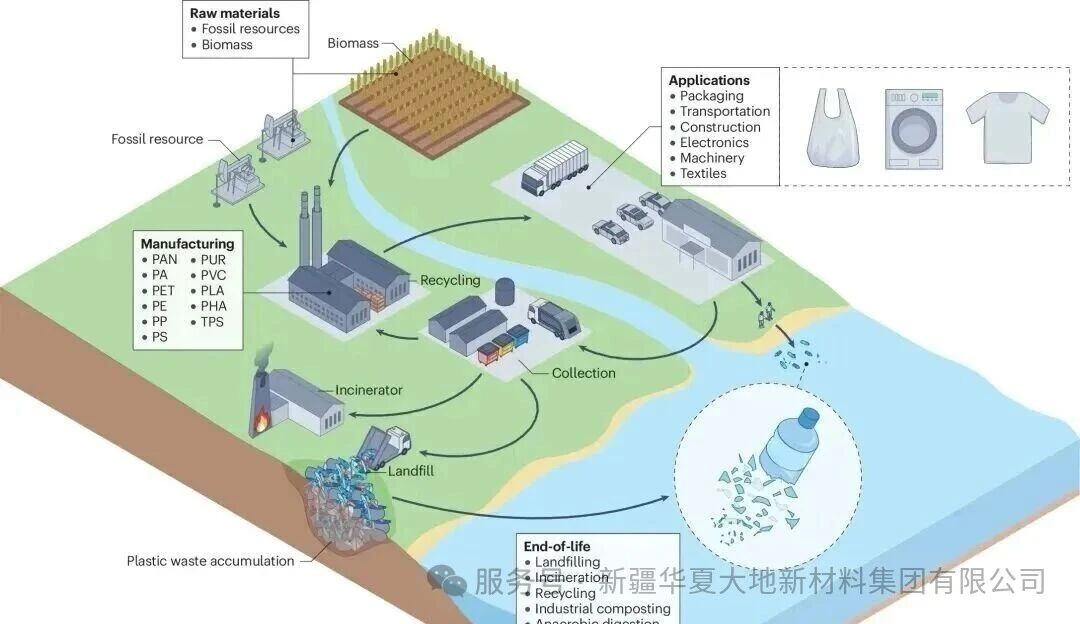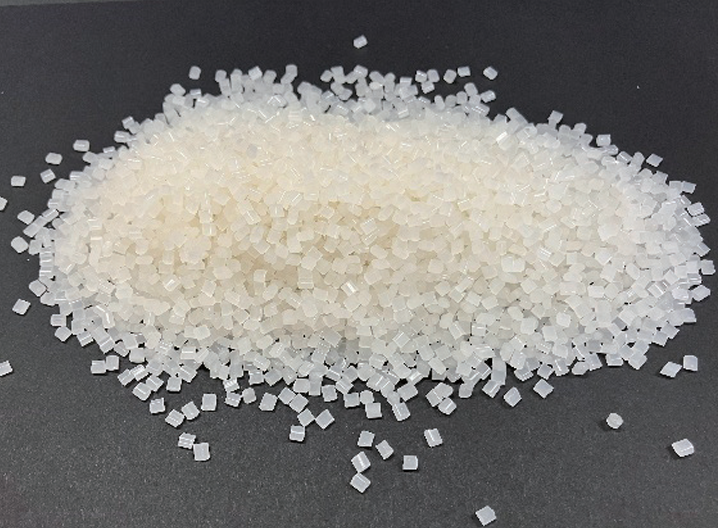On February 20, the 2025 National "Two Sessions" discussion/Proposal Exchange Meeting, guided by the Party branch of China Biodiversity Conservation and Green Development Foundation (referred to as "China Green Development Council") and supported by the scientific journal "Biodiversity Conservation and Green Development", was held in Beijing. Experts from the field of ecological and environmental protection, drafters of proposals and representatives of the National Two sessions attended the meeting. The suggestions of the Green Conference Project Department are now shared as follows:
Plastic waste has become one of the important environmental problems facing the world, which will cause irreversible impact on the ecological environment. The disposable plastic products used in the take-out industry and retail industry, such as plastic bags and plastic lunch boxes, constitute a serious "white pollution". These plastic products are difficult to degrade in the natural environment, and long-term accumulation will destroy the soil structure, pollute the water source, and affect the ecological balance. At the same time, incineration of these plastic products will produce toxic and harmful soot and gases, causing pollution to the atmospheric environment, and then affecting human health. Although China began to implement the "plastic limit" as early as 2008, and issued a new "plastic limit" in 2020, but whether offline or online, the implementation of the food delivery and retail industry is unsatisfactory, and even doubled. Therefore, effective measures must be taken to prohibit the use of single-use plastic products in the take-out and retail industries.
Since 2015, China's take-out industry began to show explosive growth, 2023 online catering take-out industry market size has reached 1,525.4 billion yuan, is expected to further increase in the future scale, which will inevitably lead to a sharp rise in take-out plastic packaging consumption. According to the Research Report on the Environmental Impact and recycling Cycle of packaging Plastics in the Takeout Industry (2021), in the five years from 2015 to 2020, the plastic consumed (discarded) through mainstream Internet takeout platforms in China has increased by 10 times. The total consumption of single-use plastics in the food delivery industry is expected to increase to 2.5 million tons by 2025 (" Mapping the Environmental Impact and Policy Effectiveness of China's Food delivery Industry "). In addition, China's takeout plastic packaging recycling rate is low. In 2020, China's take-out plastic packaging consumption is 574,000 tons, and the average recovery rate is only 23.3%.
Retail industry is one of the most important sources of plastic pollution in China. From the perspective of consumption structure, the consumption of disposable plastic products in China's retail industry accounts for 87.7%, which is absolutely dominant. Although China has implemented a plastic restriction order, the supermarket no longer provides plastic shopping bags for free, but still uses disposable plastic bags to package food, it can be said that it has not fundamentally reduced the use of plastic bags, and even weakened the supermarket's social responsibility of plastic pollution control. According to the statistics of the plastic recycling Committee of the China Plastics Association, China uses about 3 billion plastic bags every day, of which 1 billion plastic bags are only used to buy vegetables, and the annual use is more than 4 million tons. Studies have shown that the recycling rate of disposable plastic waste in China's retail industry is only about 29%, mainly including hard packaging, while plastic shopping bags can hardly be recycled, mostly incinerated, landfill or leaked into the environment.
These unrecycled plastic waste will eventually enter the environment in the form of macro, micro and nano plastics, polluting soil, water and even glaciers, disrupting ecosystem balance, causing biodiversity loss, exacerbating climate change, threatening human health, and causing incalculable losses to society and the economy.
2025 is a critical year in the process of plastic pollution control in China, the end of the "14th Five-Year Plan" plastic pollution control action Plan, and the opening year of the "15th Five-Year Plan (2026-2030)" plan. Therefore, the following specific recommendations are made to ban the use of single-use plastic products in the take-out and retail industries:
We will strengthen policies and regulations
The government should introduce a special policy to ban the use of disposable plastic products in the takeout and retail industries as soon as possible, and clearly ban the timetable, scope and specific measures. We will revise and improve relevant laws and regulations, and incorporate the prohibition of disposable plastic products into the legal framework to provide a strong basis for law enforcement.
02 Actively promote alternative products
Encourage the take-out and retail industries to use degradable and reusable packaging materials, such as paper packaging, cloth packaging, etc., to reduce the reliance on single-use plastic products. Encourage the take-out and retail industries to use reusable tableware, such as stainless steel, ceramic, biomass and other materials, and establish a corresponding recycling mechanism.
03 Strengthen industry self-discipline and supervision
Take-out and retail industries should bear their own social responsibility for plastic pollution control, and strictly abide by the national regulations on prohibiting and restricting the use of disposable plastic products. The relevant departments should strengthen the supervision of the market and severely punish the illegal use of disposable plastic products.
04 Promote public awareness of environmental protection
Strengthen environmental publicity and education through various channels such as the media and the Internet, improve the public's awareness of the dangers of disposable plastic products, encourage consumers to choose environmentally friendly packaging and reusable tableware, and practice green consumption concepts.








